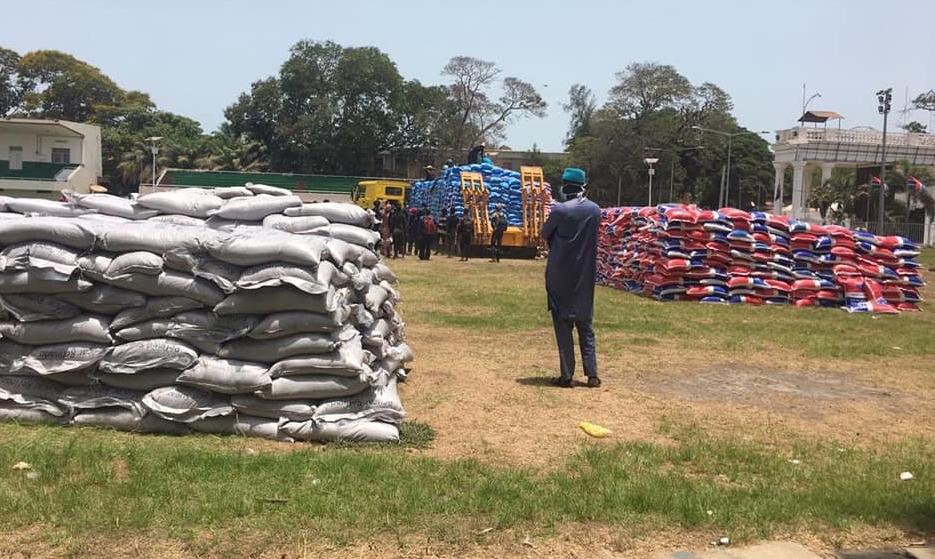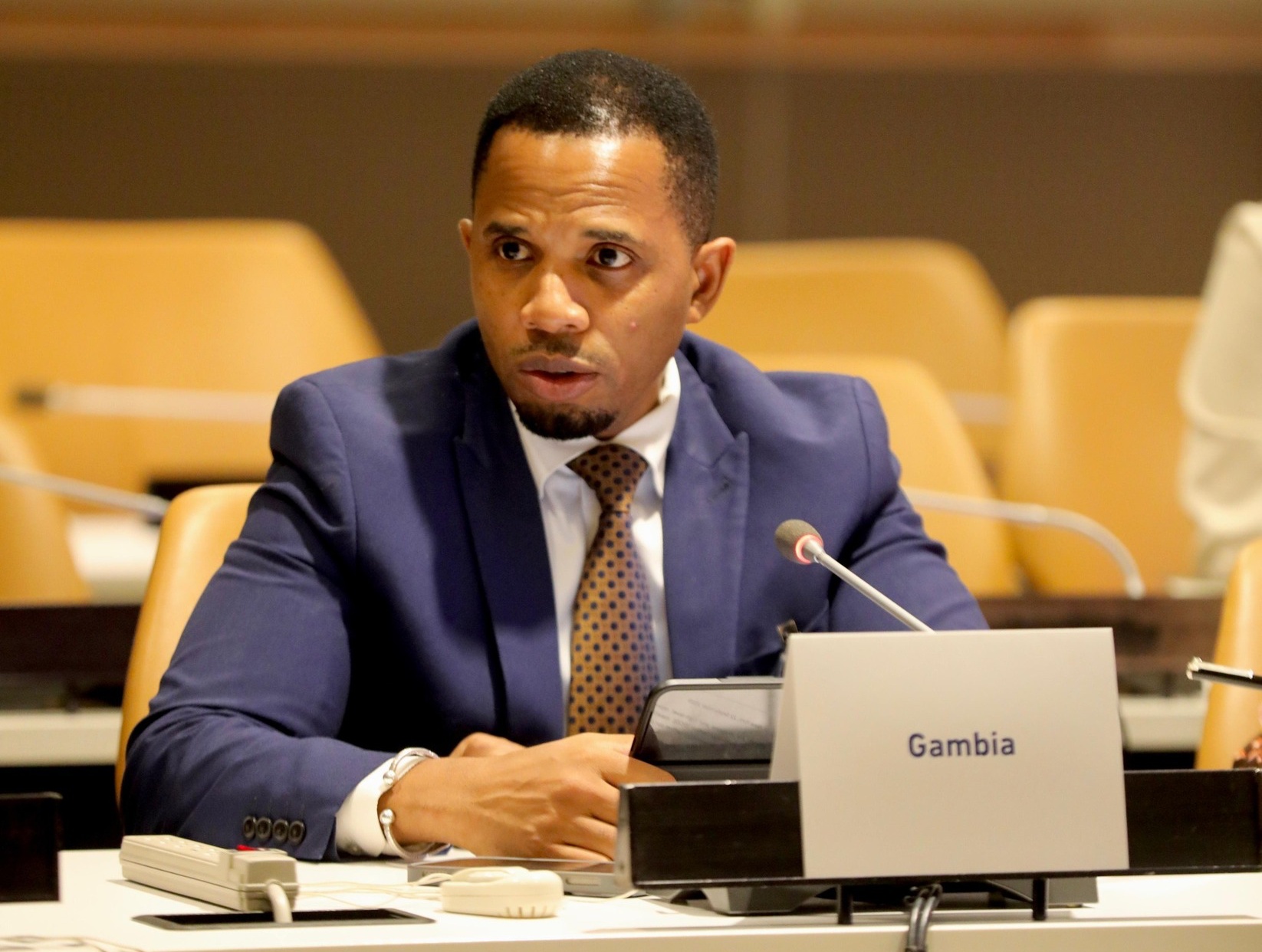Gambiaj.com – (BANJUL, The Gambia) – When news broke this week that nine children in India may have died after consuming cough syrup contaminated with diethylene glycol (DEG), the world should have been alarmed but not surprised. Indian authorities said on Saturday they are investigating, a government formula always used in New Delhi to evade the real issue of oversight and regulations. For The Gambia, the revelation feels like déjà vu.
In 2022, The Gambia lost over 60 children to cough syrups imported from India, later confirmed by WHO to contain unacceptable levels of deadly industrial solvents. New Delhi dismissed those findings, brushing aside responsibility.
And recently, in May, the Laghu Udyog Bharati (LUB), a national organization representing small and micro pharmaceutical industries in India, renewed its demand to India’s Union Health Ministry to revoke the pre-export testing requirement for cough syrups, a regulation imposed in direct response to the tragic incident in The Gambia in 2022.
Now, the same poison has resurfaced inside India itself. If India could deny The Gambia’s pain, how will it deny its own?
The country’s Health Ministry confirmed over the weekend that Coldrif Cough Syrup, manufactured by Sresan Pharma in Tamil Nadu, contained diethylene glycol (DEG) in levels exceeding permissible limits.
DEG, an industrial solvent, is highly toxic and has been responsible for multiple mass poisonings worldwide. Investigations are underway to determine if the substance directly caused the recent deaths in the central state of Madhya Pradesh.
The tragedy exposes a sobering truth: India’s pharmaceutical industry, the so-called “pharmacy of the world,” has recurrent lapses that can no longer be excused as isolated errors.
From the $500 million fine against Ranbaxy Laboratories in 2013 for peddling substandard drugs, to multiple DEG-related poisonings since the 1970s, the pattern is painfully clear. Children’s lives have repeatedly been sacrificed on the altar of negligence and weak regulation.
India’s drug exports, valued at over $42 billion annually, are lifelines for countries like The Gambia, which depend heavily on imported medicines.
But how many more Gambian children, or Indian children, must die before regulators take decisive action? This is not just India’s national shame. It is a global crisis that also serves as a painful reminder in The Gambia, that pharmaceutical negligence abroad can have devastating consequences at home.
For The Gambia, which depends heavily on imported medicines from India, the implications are grave, as Gambian regulators still lack the standard material capacity to thoroughly test every shipment of pharmaceuticals. This reliance makes international drug safety standards and WHO oversight critical.
The World Health Organization cannot escape scrutiny either. Its role is not to issue belated safety alerts after tragedies unfold, but to insist on rigorous, enforceable standards in countries supplying medicines to the most vulnerable.
To date, WHO’s interventions have been reactive, not preventive. That failure leaves smaller nations like The Gambia perilously exposed.
The latest Indian deaths are not just numbers. They are a grim reminder that the pharmaceutical industry, when left unchecked, kills as surely as it heals.
It is time for India to stop turning a blind eye and for WHO to start showing teeth. Anything less would mean accepting that children’s lives, in Banjul, in Madhya Pradesh, or anywhere else, are expendable.










